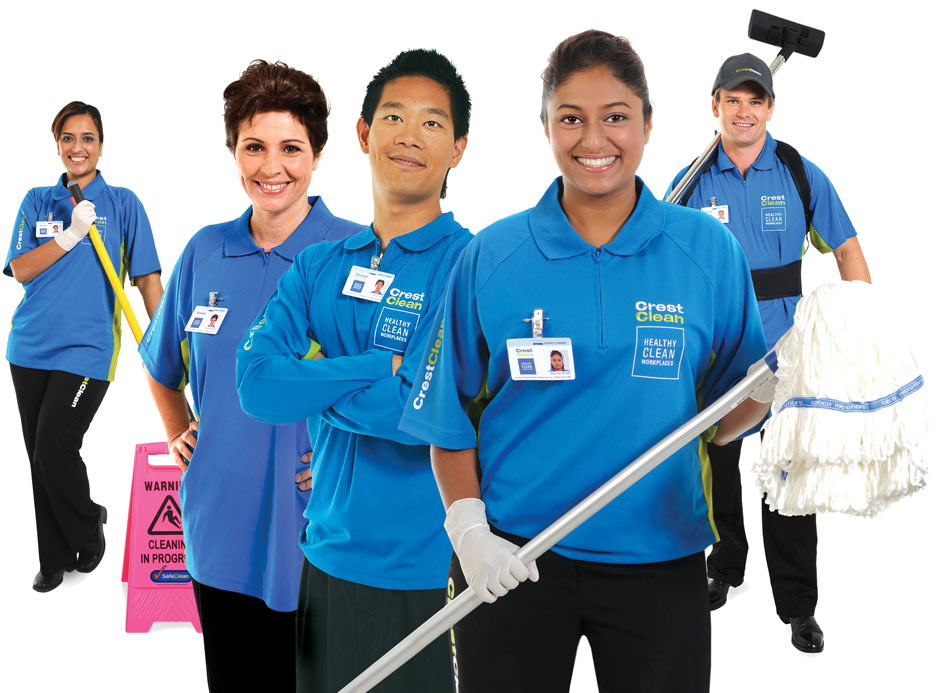Navigating the new recycling rules – RecycleKiwi makes it easy
Kiwis, it’s time to take more care in our recycling efforts. Now that February 1 has come and gone, recycling rules are now standardised across the country. This means every New Zealander has the same set of rules for what can and cannot be thrown in their kerbside recycling bin.
The Government initiative is set to give our collective recycling efforts an overhaul and prevent recyclable materials and food waste from ending up in landfill.
For too long, Kiwis have struggled to understand what can and cannot be recycled, often contaminating their bins with non-recyclable materials. The goal of this nationwide policy is to simplify the recycling process and bring our waste management systems up to global standards.
RecycleKiwi is here to help you understand the new recycling rules and become a recycling champion.
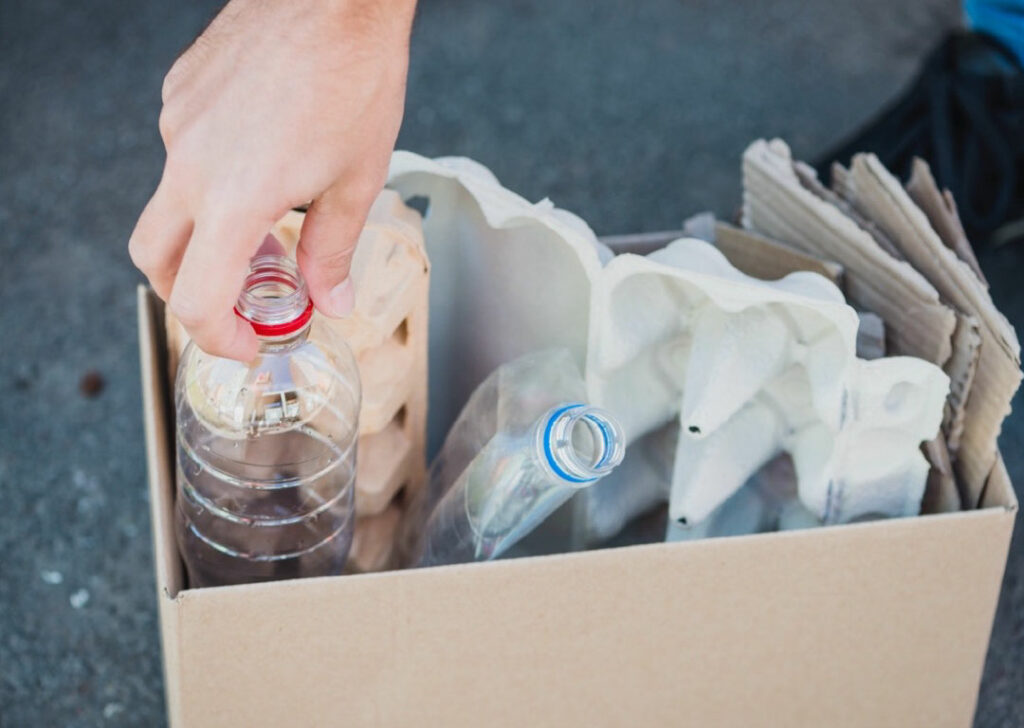
Plastics have always been the most confusing of all recyclables. Under the new recycling standards, only plastics 1, 2 and 5 should end up in your recycling bin.
To recycle correctly, check the recycling symbol and number, which are typically found at the base of the packaging.
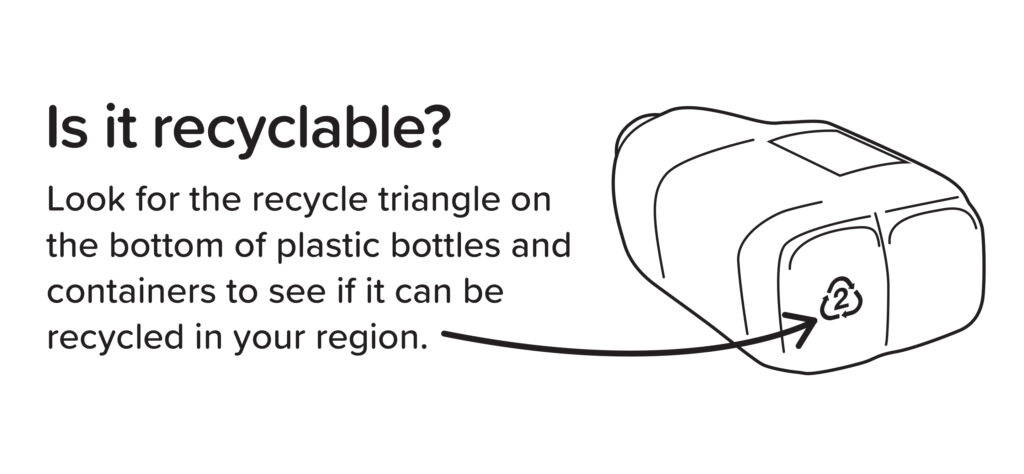
Here’s a list of what can be recycled, with some common examples.
Plastics 1, 2 and 5 – remember, remove lids, double-check numbers and ensure recycling is cleaned
- Milk bottles
- Soft drink bottles
- Juice bottles
- Large yoghurt bottles
- 2L ice cream containers
- Laundry detergent bottles
- Margarine, cream cheese, sour cream and cream cheese containers
- Meat trays
- Squeeze bottles for sauces
- Some takeaway containers
Paper and cardboard
- Magazines
- Newspapers
- Advertisement material
- Paper and cardboard packaging
- Egg cartons
- Cereal boxes
- Clean pizza boxes
- Window envelopes
Steel, aluminium and tin cans (empty and clean) can also go into your recycling bin.
How to prep your recyclables
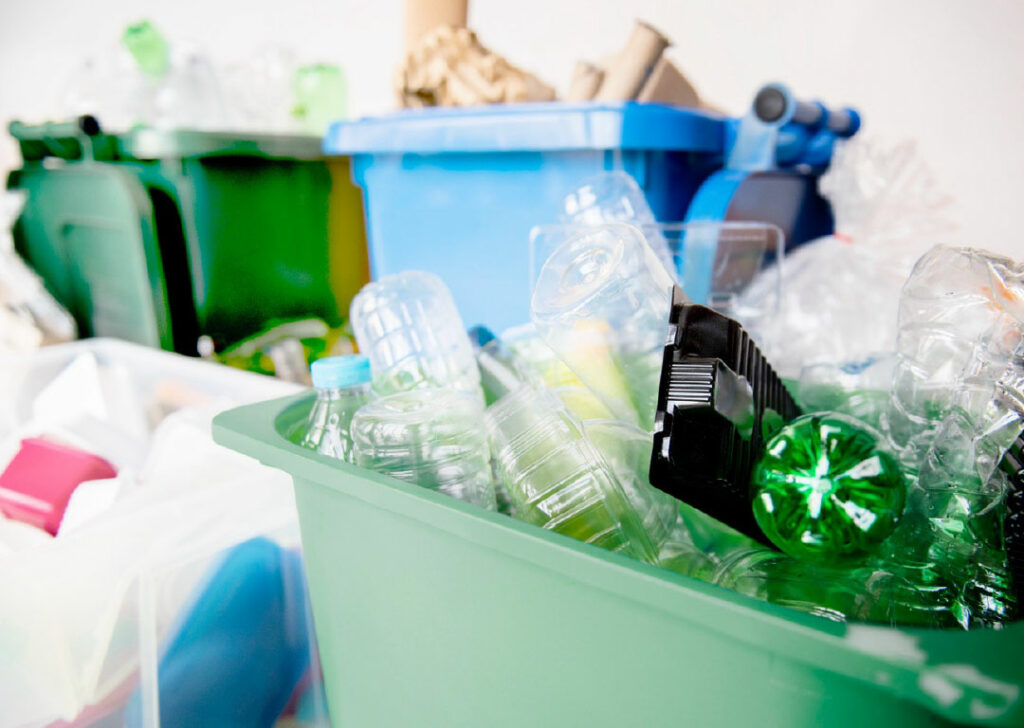
Let’s keep our recycling game strong and contaminant-free by preparing your recyclables before they go in the bin. The better we prep our recyclables, the more chance they have of staying out of landfill.
Sort, rinse, remove.
Sort
Check the numbers on your plastics to make sure only 1, 2 and 5 are going into your recycling bin. Take out any items that cannot be recycled, such as:
- Plastics 3, 4, 6 and 7 (e.g soft plastics, small yoghurt pottles, biscuit trays, pill packets, PVC and polystyrene)
- All lids
- Items over 4L
- Soft plastics
- Tetrapak (milk and yoghurt cartons)
- Polystyrene packaging
- Aerosol cans
- Aluminium trays
- Items smaller than 50mm x 50mm
Rinse
It’s important to rinse your recyclables before they go in your recycling bin. Food waste makes an item unrecyclable and may contaminate the rest of the bin.
Remove
Remove lids from bottles and any bubble wrap or plastic packaging from cardboard. You don’t need to worry about removing tape or labels.
Simplify recycling with a RecycleKiwi Resources Pack
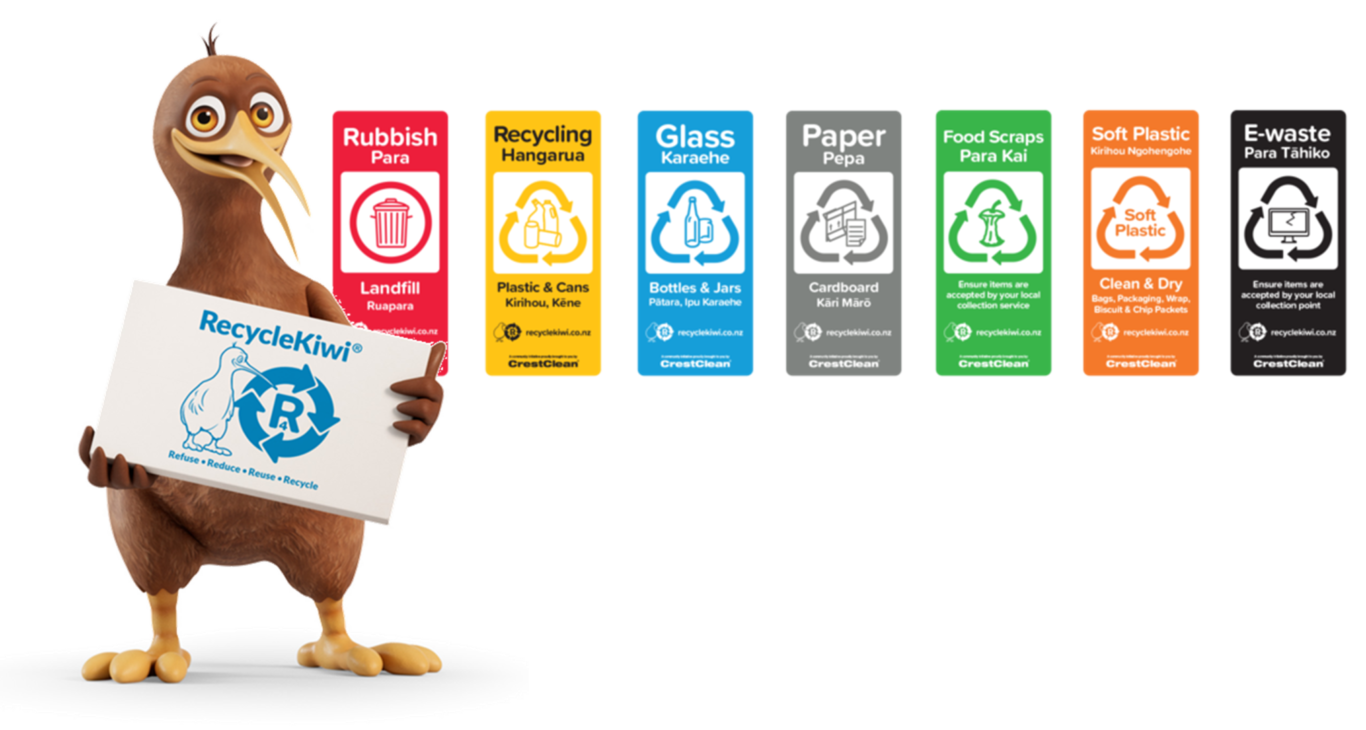
RecycleKiwi is ahead of the game. We understand that there’s a lot to take in, and we want to make it as easy as possible for all Kiwis to recycle effectively.
If you’re part of a school, business or organisation, our free resource pack will provide you with everything you need to create a simple and seamless recycling system. Included in the pack is a colourful sticker set to customise your bins, a poster set to highlight common items that go in each bin, and a prominent wall poster to promote recycling awareness.
A RecycleKiwi Resources Pack clearly defines where to put different types of waste, including:
- Landfill waste
- Plastic & cans
- Bottles & jars
- Cardboard
- Food scraps
- Soft plastics
- E-waste
Take the confusion out of what goes where. Order your free RecycleKiwi Resources Pack here https://recyclekiwi.co.nz/resources/
Why we should care
Our current waste figures show New Zealand’s recycling systems need drastic attention. Only through a collective positive impact will we turn these figures around.
About 16% of material in recycling bins can’t be recycled and around 100,000 tonnes of recyclables end up in general waste bins. The few moments it takes to ensure you’re putting your recycling and waste into the correct bins will make all the difference in creating an effective circular economy.
Remember, little actions make big waves. New Zealand’s recycling revolution starts with us.


